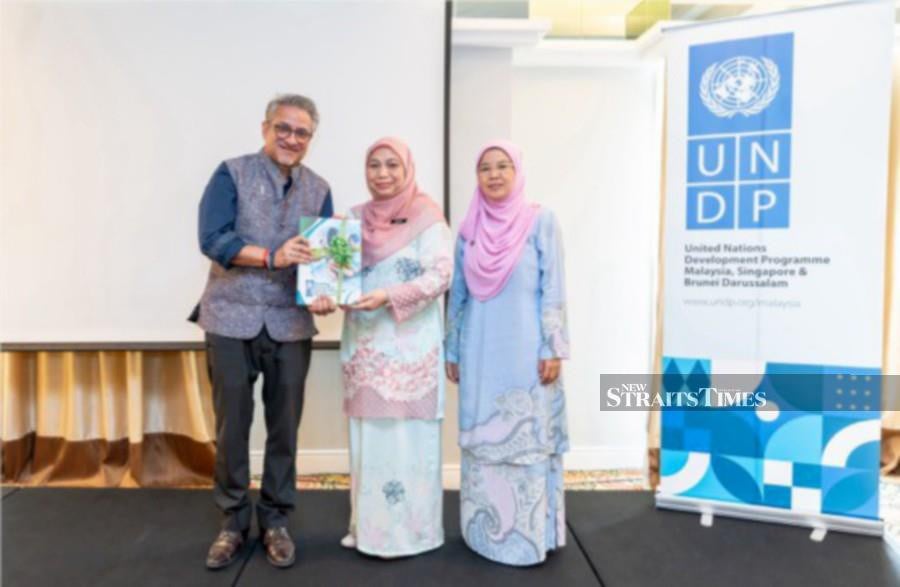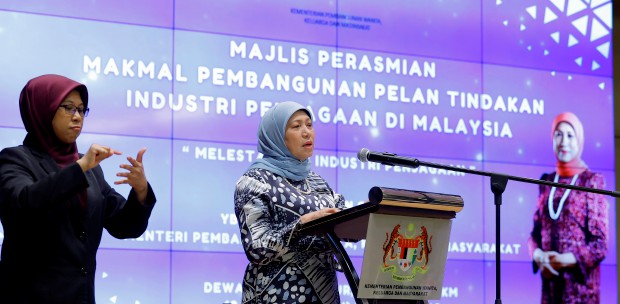KUALA LUMPUR: The United Nations Development Programme (UNDP) and the Women, Family and Community Development Ministry (KPWKM) have launched a report on care economy.
Titled "Enabling Investments into the Malaysian Care Economy", the report summarises key measures that can encourage the growth of a public-private-philanthropic partnership to drive an equitable, sustainable, and resilient care economy in Malaysia.
"SDG Investor Map assessment, launched by UNDP and the Investment, Trade and Industry Ministry previously, identified it as an investment opportunity area that is highly aligned to the social and development needs of the country.
"Most of the population's care burden today is borne by family members or overstretched government agencies, while private sector involvement is characterised by low investment momentum, due to the high-cost, low-revenue business models most care-related centers operate under," UNDP said in a statement.
According to UNDP, the demand for care is expected to rise as the nation progresses towards an aged society by 2044 and a super-aged society by 2056.
"There will be more than 14 per cent of the population aged above 65 by 2044, and more than 20 per cent aged above 65 by 2056," it said.
It also noted that 29.2 per cent of the population aged 16 years and above suffered from various mental health issues in 2015, rising almost threefold from an estimated 10.7 per cent in 1996.
Meanwhile, KPWKM secretary-general Datuk Dr Maziah Che Yusoff said the ministry recognises and values unpaid care and domestic work as foundational pillars of human life, societal well-being, and economic growth.
She said that a well-implemented care economy will have a profoundly positive impact on the nation.
"This will lead to increased workforce participation by women, benefit the economy through the expansion of its economic outlook, and create the possibility of exporting Malaysia's care professionals regionally and internationally," said Maziah.
"The ministry is committed to developing comprehensive care systems aimed at ensuring the redistribution of care work more equitably between women and men, as well as among states, communities, markets, and families," she added.
Meanwhile, UNDP Malaysia, Singapore, and Brunei Darussalam resident representative, Niloy Banerjee, said it is vital that Malaysia is prepared to meet developing trends.
He emphasised that the care economy should be viewed as an investment rather than a cost.
"This acknowledges the importance of various stakeholders working together to meet care needs through shared societal responsibility among men and women, families and communities, the private sector, not-for-profit organisations, and the government," added Banerjee.





